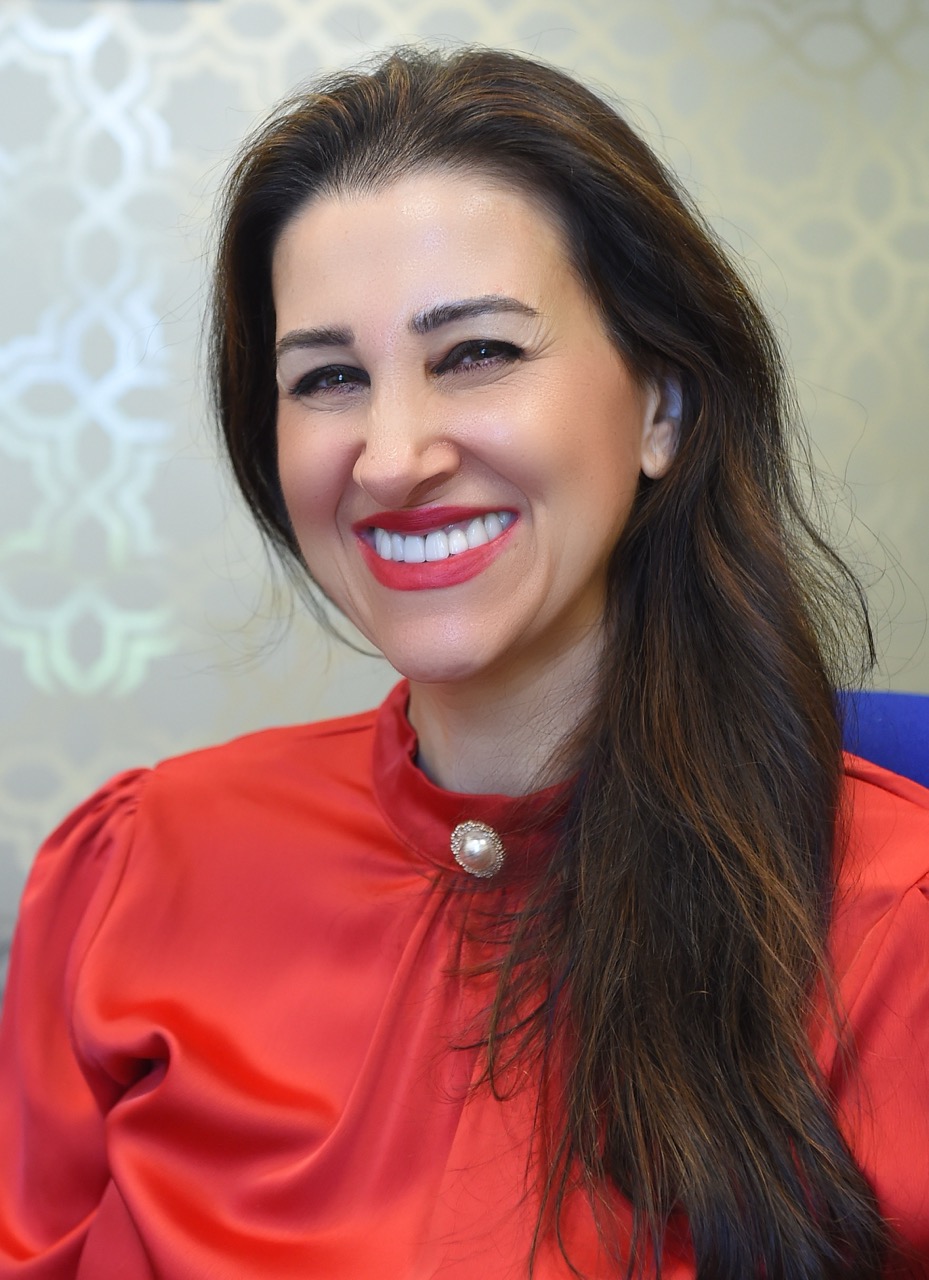
The Arabic language represents a cultural, humanitarian, and civilizational cornerstone for Arab and Islamic societies, and for humanity as a whole.
Arabic holds a prominent position globally; it is the official language of more than 20 countries, and the number of speakers today is estimated at about 450 million, making it one of the most widely spoken languages.
Globally, the number of people in the United States who speak German or Italian at home has decreased by 36% and 68%, respectively, from 1980 to 2021, while the number of people speaking Arabic at home has increased by 581% during the same period.
Economically, Arabic-speaking countries have seen significant growth over the past decade, affirming the language's importance as a vital economic tool in international relations.
However, Arabic education in some countries suffers from a lack of qualified teachers capable of providing effective instruction.
Despite this, some countries in the region have taken positive steps to improve the quality of Arabic education. Notably, we must highlight the importance of the "Arab Reading Challenge," an initiative sponsored by the UAE, which has impacted millions of Arab and non-Arab students, encouraging them to make reading a daily habit.
Research centers in the country, such as the Zayed Center for Arabic Language Research, have also made significant contributions to supporting Arabic education.
The "Sard" project, which is still in the trial phase in 10 schools across various Arab countries, and the "Bariq" lexicon, which classifies 10 million Arabic words using artificial intelligence, represent significant steps to enhance the status of the Arabic language in educational environments. However, there is still a need for the concerted efforts of educational institutions and governments to strengthen Arabic education and develop curricula.
Teachers should be trained and prepared with advanced methods that meet students' needs, in addition to strengthening the role of research in developing strategies that are rooted in our own needs, rather than merely copying strategies from other countries.
On International Arabic Language Day, we call for increased public awareness of the importance of using Arabic as a tool for daily communication and life among parents, as a fundamental step to deepen the new generation's connection to their native language first. Foreign languages play a secondary role in our lives, often tied to work and careers, but they should not invade and dominate every aspect of our lives, livelihoods, and homes. The Arabic language is a homeland.
